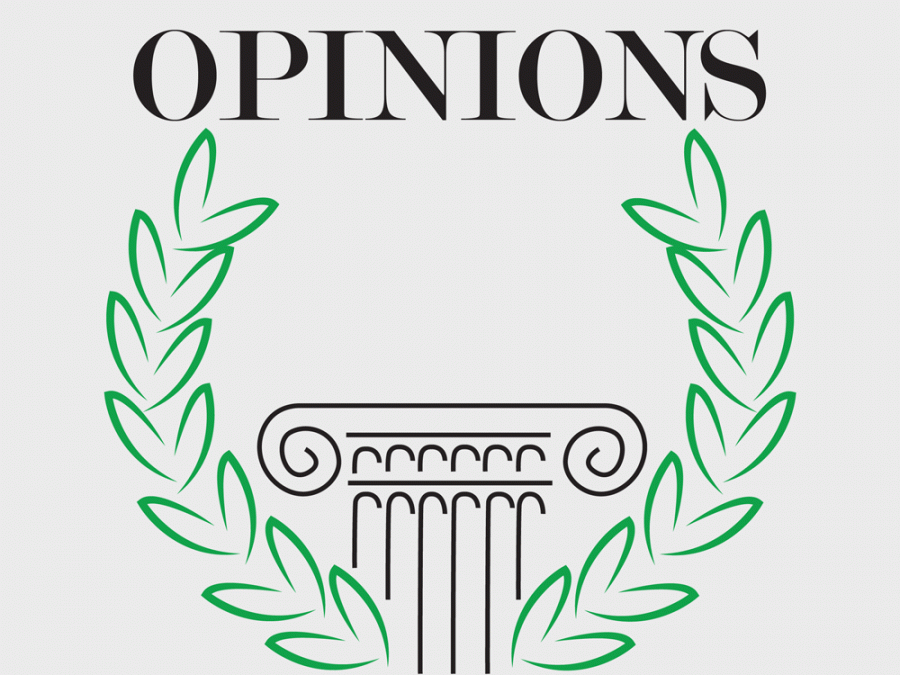Rediscovering the vision of Greek life
February 25, 2016
Fraternities and sororities are founded on such ideas as “truth, honesty, and personal integrity,” and “sisterhood, scholarship, and service.” These organizations have provided many opportunities for students to grow, lead, and develop, as well as donate time and money to meaningful causes. However, as the University administration progresses in the footsteps of leaders such as Cornell, which assembled a “President’s Sustainable Campus Committee” in 2010 and implemented a campus-wide Sustainability Plan in 2011, I am concerned that our Greek organizations may not be able to match those strides alone. Some of those ambitions were outlined in 2013 when the University commissioned a Second Nature report. The report gave six recommendations, three of which are relevant to our partnership with Greek organizations:
1) Elevate sustainability as a guiding and unifying principle throughout University decision-making (from the lowest to the highest levels within the organization).
2) Optimize coordination and communication across the many currently disparate efforts at the University into a cohesive, powerful, energizing force for change.
3) Undertake a comprehensive sustainability education and participation strategy across all areas and facets of the University campus.
Due to the prominent leadership position that Greek organizations hold on campus, with over 50 percent of the student body participating, we are presented with an opportunity, and an imperative, to align the visions of the University and Greek organizations to achieve these goals. So how do we do it?
The position of Philanthropy Chair within Greek organizations has been a longstanding tradition. Thanks to the work of students who hold that position, Greek life has donated funds and labor hours locally, nationally, and globally for years. In 2013, our Greek organizations raised approximately $13,000 for Lewisburg recreation programs, and $12,000 to donate to the fight against childhood cancer. To put this output in perspective, the University’s MGMT 101 students have a relatively comparable impact each year, involving a much smaller number of 200 or so students, while also targeting local partners strategically, striving to build long-term connections and networks, and bringing to bear faculty knowledge and skill.
Truthfully, the concept of organizational philanthropy is becoming outdated and is subject to being used to check the corporate social responsibility (CSR) box, and to ease the pain of those who bear the negative burdens, or externalities, of an organization’s operations. Instead, we should be implementing the leading sustainability concepts that we teach here at the University, such as Michael E. Porter’s “Creating Shared Value” to find win-wins in growth and value, and Mark R. Kramer’s concepts on “Catalytic Philanthropy” and strategic giving to move proverbial mountains. In order to do this, we must have what Kramer calls “the ambition to change the world and the courage to accept responsibility.”
We must assist in our Greek organizations’ “learning” sustainability by onboarding the Panhellenic and Interfraternity Councils into the University’s vision and conveying what leaders in sustainable change call a “coherent viewpoint on sustainable growth.” Afterward, we can foster change by providing hands-on training to those in the position of Philanthropy Chair. By reimagining the position of Philanthropy Chair as a Vision, or Change representative, the leader will serve as an emotive and passionate catalyst who reflects the sustainable vision of both the University and Greek society. In short, a check won’t change the world by itself; we need people. Besides, our campaign isn’t that we give. We’re Bucknell–We Do.




















